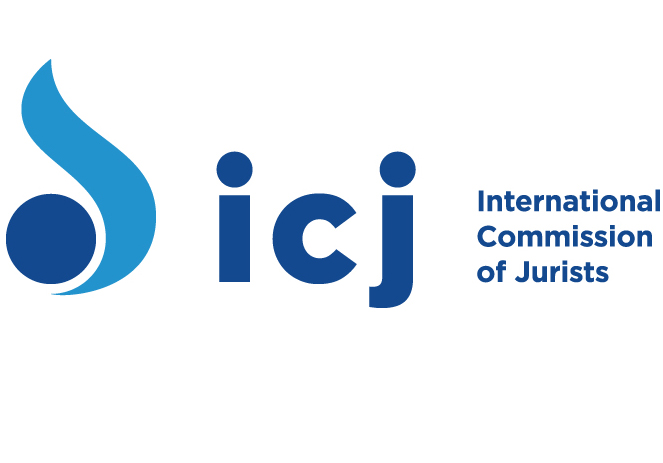The ICJ is concerned at the lack of transparency in the process, which could undermine universal human rights standards.
The AHRD is intended to establish a framework for human rights cooperation among ASEAN member States. Yet the drafting process has largely been conducted behind closed doors and in the absence of broad-based consultations with civil society.
“The United Nations and every regional system engages the meaningful participation of civil society when undertaking standard-setting and it is unacceptable for ASEAN to fail to reject such inclusiveness,” said Ian Seiderman, Director for Legal and Policy of the ICJ.
The AICHR had made assurances in the past that it would conduct consultations with civil society. In a press release issued following its second meeting last February, for instance, it announced plans to hold regional consultations on the draft “to encourage more inputs”. Although the process is well advanced, no consultations have taken place and drafts have been concealed from public purview.
The ICJ also shares the apprehension expressed by numerous human rights stakeholders that the outcome of this drafting process may be a document with provisions falling below international human rights standards and even unduly limiting rights that have been set out in international human rights instruments to which ASEAN members are parties.
The Terms of Reference (TOR) of the AICHR stated that one of its purposes is to “promote human rights within the regional context, bearing in mind national and regional particularities.” It should be noted, however, that the TOR likewise expressly provides that the AICHR should also uphold international human rights standards under the Universal Declaration of Human Rights (UDHR) and the Vienna Declaration and Programme of Action (VDPA). The ICJ thus reminds the AICHR that it must uphold the principle of universality of human rights embodied in those instruments.
Ian Seiderman emphasized that “the AICHR should take this opportunity not only to reaffirm universal human rights standards, but also to strengthen them.” He pointed out that this was the approach largely taken in 2004-2005 by the League of Arab States in elaborating the revised Arab Charter on Human Rights, the most recent regional initiative to elaborate a generalized human rights instrument.
For further information, please contact:
Emerlynne Gil, International Legal Advisor for Southeast Asia, tel. no. +662-6198477; email: emerlynne.gil(at)icj.org





